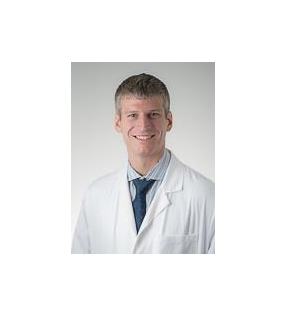1. How did you get interested in your research topic?
My interest in global health has always been inextricably tied to my interest in global health. As a middle schooler I was introduced to medicine while accompanying my father on medical trips to Nicaragua. In medical school my interest evolved, and I became focused specifically on helping to improve outcomes of cancer patients in low income countries. At UCSF I worked with my mentors Dr. Jablons and Dr. Ozgediz to create a unique research experience spending one year focused on developing novel therapeutics to treat esophageal squamous cell carcinoma, a disease that primarily effects people in low-income countries, and the second year on the ground in Tanzania working on assess the surgical oncology capacity and case volume in Tanzania, a lower-middle-income country in East Africa.
2. How did you select your research mentorship team?
UCSF provided me with an incredible team of mentors with an impressive diversity of expertise. During my rotations as a junior resident, I was introduced to both Dr. Jablons and Dr. Ozgediz. Each mentor was an expert in a specific skillset I wanted to acquire during my research time. The flexible and collaborative culture of UCSF then made it possible for me to pitch to both a non-traditional research experience based partially in the US at a basic science lab and partially in Tanzania working at a medical university.
3. How will you incorporate your research into your future career goals?
In the future, I aspire to become an academic colorectal surgeon with a primary focus on delivering healthcare to underserved patient populations, both within the US and abroad. Through my research experience, I have honed the ability to integrate a scientific and systems-based approach to enhance cancer care. My goal is to contribute by developing innovative treatments and bolstering healthcare systems to ensure that every patient receives the quality medical attention they rightfully deserve.
